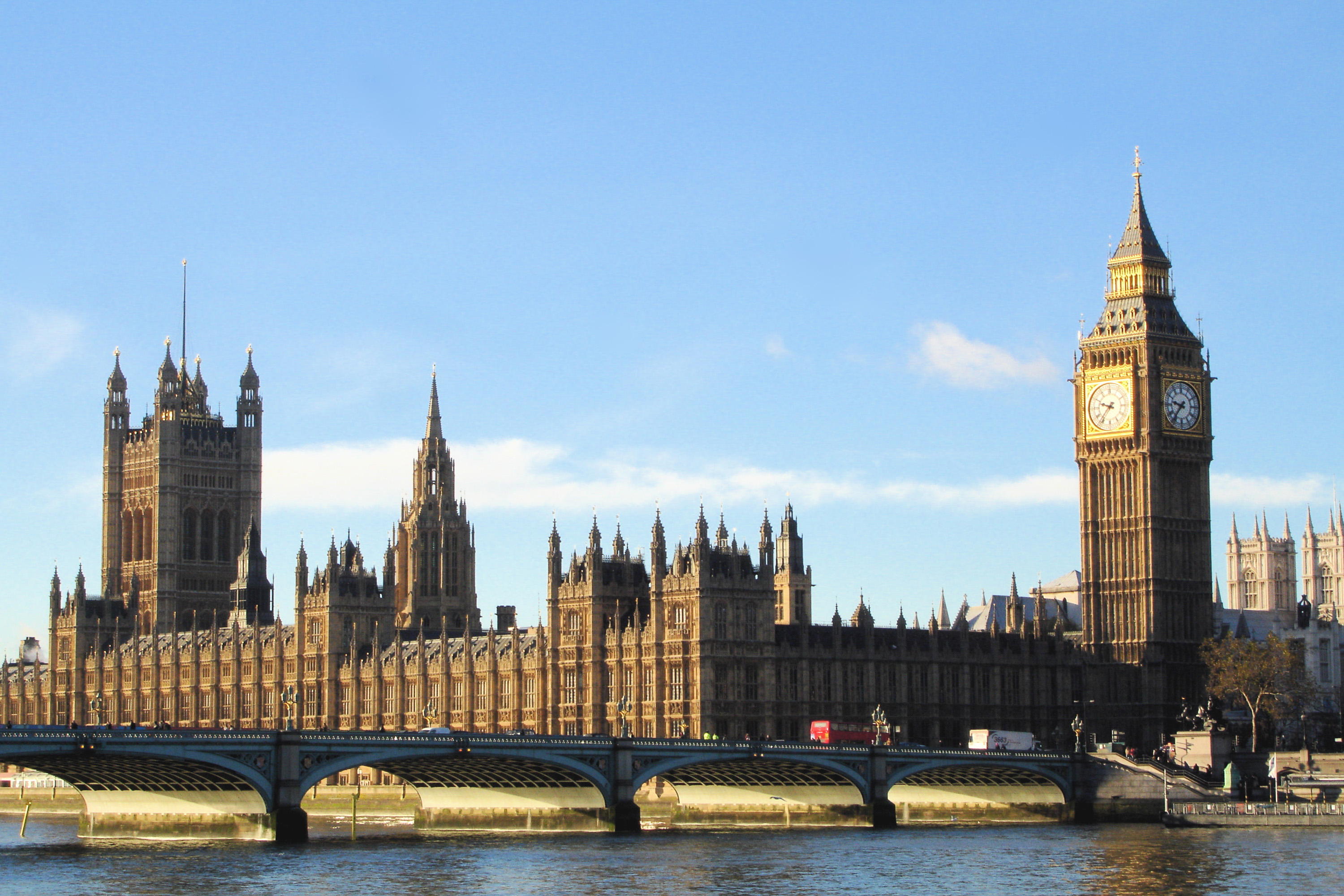GCHQ is allowed to track MP communications
The Wilson Doctine does not protect calls, texts or emails from being intercepted, a court has ruled


MPs' phone communications are not protected by the Wilson Doctrine, the Investigatory Powers Tribunal (IPT) has ruled, meaning the GCHQ can listen in on private conversations if it wishes.
The ruling resulted in an emergency questions in parliament session, where MPs and peers were able to question how it would affect them. Commons Speaker John Bercow and the government both requested MPs submit statements in the hearing.
The IPT's investigation was launched as a result of claims by Green Party members Caroline Lucas and Jenny Jones, who complained revelations by whistleblower Edward Snowden about the GCHQ hacking into MPs' communications was unethical and in breach of the Wilson Doctrine.
The Wilson Doctrine was introduced by ex-Prime Minister Harold Wilson in 1966 who stated MPs and peers phones would not be tapped, but if the situation arose where it was in the country's best interest in terms of security to lift the doctrine, he would make a statement in the house about it.
In 1997, the Wilson Doctrine's power was extended to emails sent and received by MPs by then Prime Minister Tony Blair.
Earlier this week, Theresa May stressed the Wilson Doctrine's power still stood, but she did accept there were proceedings happening that could change the ruling.
The tribunal announced yesterday however, that the Wilson Doctrine is not enforceable in English Law and therefore official organisations such as the GCHQ were allows to tap into MP communications.
Sign up today and you will receive a free copy of our Future Focus 2025 report - the leading guidance on AI, cybersecurity and other IT challenges as per 700+ senior executives
"The Wilson Doctrine does not operate so as to create a substantive legitimate expectation," it ruled.
"The Wilson Doctrine has no legal effect but in practice the agencies must comply with the draft code and with their own guidance. The regime for the interception of parliamentarians' communications is in accordance with the law."
Additionally, it stated that MPs' communications with constituents are protected in line with the Regulation of Investigatory Powers Act (RIPA). However, the European Court of Human Rights' authority doesn't apply as it does for lawyers and journalists.
The Open Rights Group's Executive Director, Jim Killock commented: "Bulk interception means that everyone's personal communications data can be collected. Now that our MPs and peers know that they don't get special protection through the Wilson Doctrine, we hope that they will fight for an end to indiscriminate surveillance."

Clare is the founder of Blue Cactus Digital, a digital marketing company that helps ethical and sustainability-focused businesses grow their customer base.
Prior to becoming a marketer, Clare was a journalist, working at a range of mobile device-focused outlets including Know Your Mobile before moving into freelance life.
As a freelance writer, she drew on her expertise in mobility to write features and guides for ITPro, as well as regularly writing news stories on a wide range of topics.

